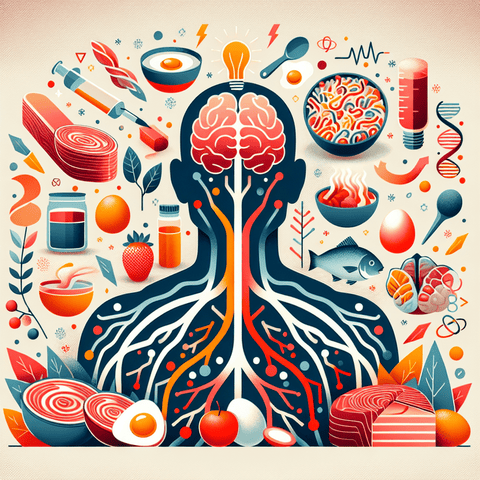b12 deficiency cravings may signal shifts in how your body uses B12. This page unpacks what these cravings may signal, and how they relate to energy and mood in a general sense. Experiences vary, so the focus is on patterns you observe rather than universal rules. By exploring the connection between cravings, energy, and mood, you can approach next steps with clarity. Testing and evaluation are key. If b12 deficiency cravings are a concern, consulting with a healthcare professional can help determine whether B12 status is a factor. They may discuss testing options appropriate in your context to form a clearer picture. Results are interpreted in light of your medical history, medications, and overall symptoms. Based on the findings, you and your clinician can outline an appropriate plan. Guidance and practical steps: working with professionals is central to addressing b12 deficiency cravings. Diet tips and lifestyle considerations can be discussed within the context of your plan, without making prescriptive claims here. A practical approach includes keeping track of cravings, timing, energy, and mood to share with your care team. If a need for treatment or further actions is identified, your clinician will provide recommended options and monitoring. Closing: Cravings linked to B12 status are one piece of a larger picture of wellbeing. The path forward is collaborative and informed by testing, professional guidance, and self-observation. If you notice persistent changes or concerns, seek professional input to ensure your approach is appropriate for your circumstances.

